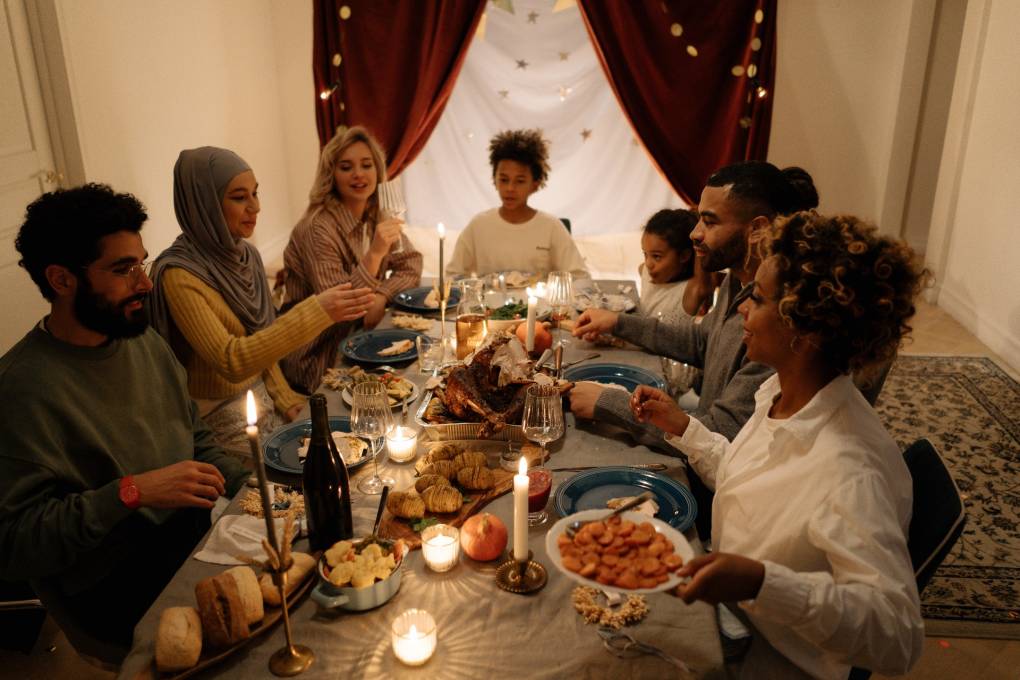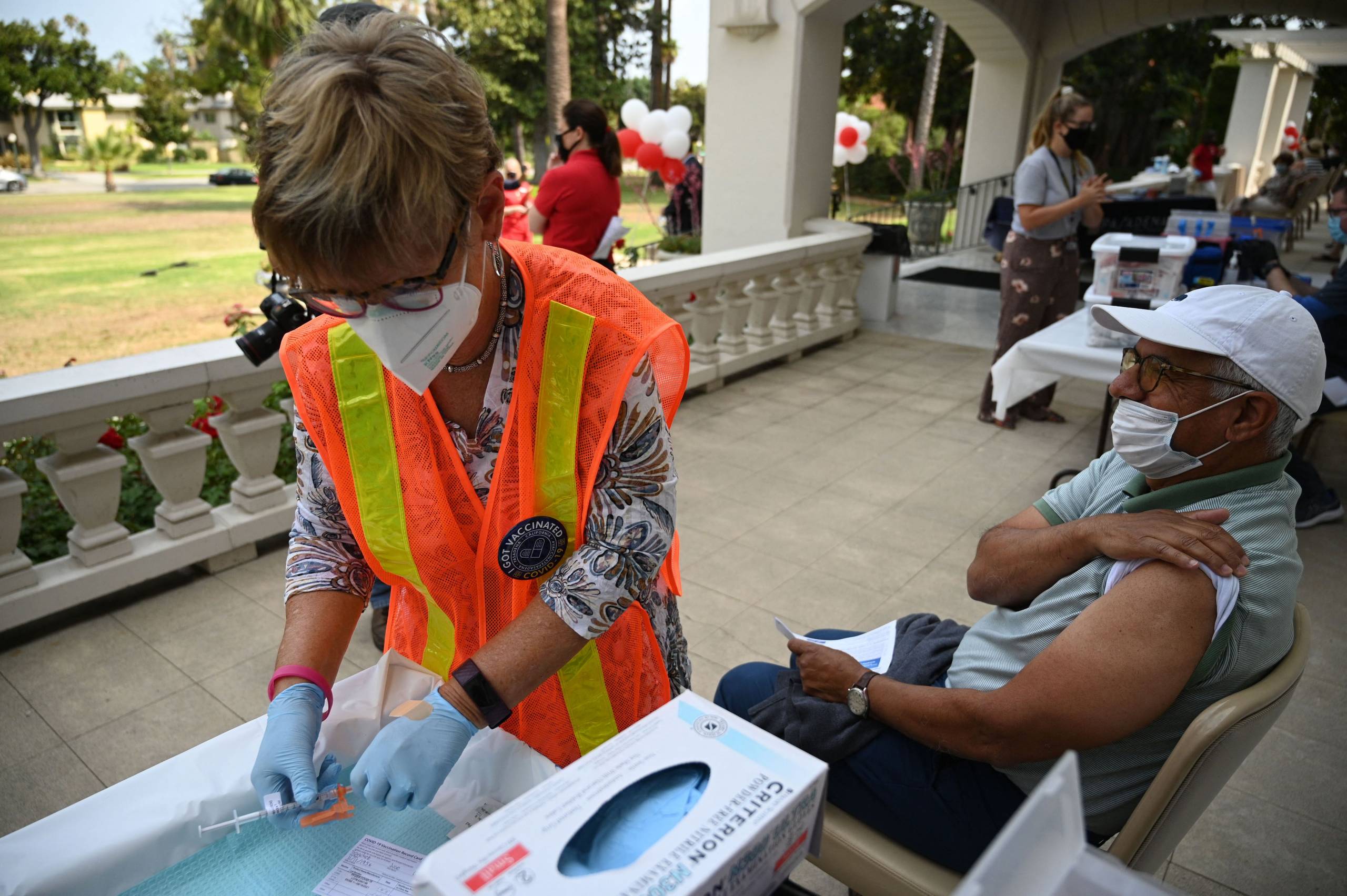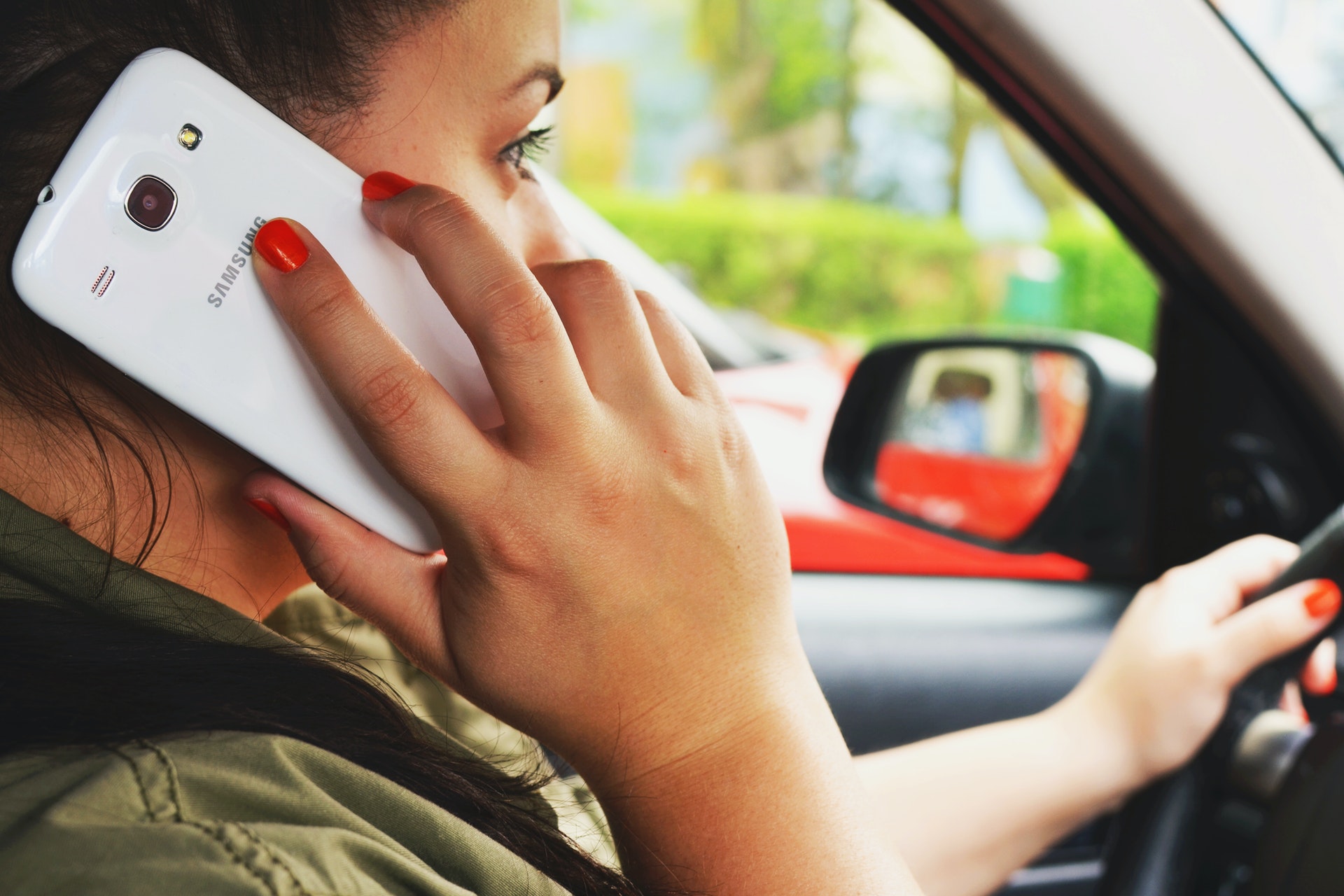So, what precautions are recommended for protecting more vulnerable guests from possible exposure due to unvaccinated kids? It depends on the health and age of the relatives who will be attending.
“If Grandma is a spry 70-year-old woman who has no medical problems and has two doses of vaccine plus a booster, I don’t think these kids are going to pose a ton of risk,” Landon says. But if the grandparent is over 80 and has medical problems, the risk of a bad outcome is much higher.
An easy step to take if you’re concerned about your unvaccinated kids passing the virus to grandparents is to mask up, not only during the visit, but also for a week in advance when in public, especially avoiding crowded, indoor spaces, even if mask mandates are not in effect.
She says she would not recommend keeping kids out of school to avoid exposure unless there are extra risks associated with your kids’ school — such as an outbreak of cases or a lack of masking. If the circumstances warrant missing school to protect a high-risk relative, “then that may be a layer you want to add,” Landon says.
Another option: If you live in a temperate climate, like many parts of the Bay Area, stay outdoors as much as possible for mixed-generation social events, and maybe choose to not sleep over in the same house with the grandparents.
“Just come during the day for the big event and stay at a hotel,” Landon suggests. Or have the grandparents sleep in a hotel, she adds. If a hotel is not financially possible, you might consider asking friends or neighbors if their home is empty over the holiday season and available for you to use.
Bottom line: “You have to think about the risk of the individuals involved — about what would happen if they got COVID,” says Landon. And better to err on the side of caution.
If you’re gathering with grandparents or other older people, realize this: They’re still at risk
Reality check: People over 80 have an elevated risk of dying from COVID, even if they’re vaccinated.
While the vaccines offer strong protection against hospitalization and death, breakthrough infections are a reality. Often, a coronavirus infection following vaccination leads to only mild illness, and sometimes people test positive but show no symptoms at all. However, older people and those with compromised immune systems are at higher risk of getting a severe breakthrough COVID case.
Though it’s rare for breakthroughs to lead to hospitalization or death, the chances for one group are higher. As NPR reported, CDC data from August showed that fully vaccinated people age 80 or older were about 13 times more likely to die from COVID compared to the general vaccinated population (of all ages). That’s one reason getting boosters is especially important for older adults.
“This is something that we must be conscious of as people are gathering across generations,” Miller says. “Grandpa and Grandma are protected relative to if they hadn’t been vaccinated, but they are still at risk.”
That’s why it makes sense to take precautions during travel and in the week leading up to any celebration where older friends and relatives will be present.
“I would absolutely encourage people to continue to wear masks” in crowded, indoor places such as grocery stores, Miller says, even if it’s not mandatory. This will reduce the risk of being exposed and passing on the virus. And remember, the Transportation Security Administration’s face mask requirement remains in effect through Jan. 18, 2022, requiring masking in airports, aboard commercial airline flights, and on commuter bus and rail systems.
So, bottom line, even if everyone invited to your holiday gathering is vaccinated, it’s still important to protect loved ones who are older or immunocompromised.
Get a booster shot if you’re eligible
Federal health agencies now recommend COVID vaccine boosters for all adults six months after their last shot — and they may be especially important for adults over 50 or any adult with underlying conditions or a high-risk job. Getting one before holiday travel and gatherings could increase your immunity against COVID.
The agencies’ decision was based on emerging evidence that immunity can diminish over time and evidence that shows a booster dose can, just as the name implies, boost protection.
Some of the most recent real-world data comes from the U.K. Back in September, the U.K. government introduced a booster program targeting people 50 and older.
Dr. Anthony Fauci, White House medical adviser and director of the National Institute of Allergy and Infectious Diseases, said the new analysis points to a significant increase in protection (against symptomatic infection) from a booster dose.
“If you look at the third dose in people whose protection has drifted down to about 63%, you boost it back up to at least 94%, which is really quite impressive,” Fauci says. “That’s exactly the kind of thing you want boosters to do.”
Fauci says immunity begins to rebound within days after getting a booster shot, though you don’t get the peak of protection for two to four weeks later. He says before joining indoor holiday gatherings, especially in places with high viral transmission, “I would recommend if you are eligible for a boost, go get boosted right now.”
Rapid tests can protect your guests. Here’s how to know when to take one
As a risk-reduction measure, you might want to ask your guests to take a COVID test before a large holiday get-together. A year ago, it was hard to get real-time information from COVID testing due to delays in test results and a lack of rapid test options. Now, there are plenty of over-the-counter rapid antigen tests, such as the Abbott BinaxNOW or Orasure InteliSwab, available online and in pharmacies.
“A rapid antigen test is an added layer of protection for everyone,” says Guzman-Cottrill, the pediatric infectious disease expert at Oregon Health and Science University.
“The antigen tests are a quick snapshot to see if the viral proteins are present in that person’s nose that day,” Guzman-Cottrill explains. So if a person was just exposed and the virus is still incubating, they could get a negative result one day followed by a positive result the next day.
The tests are not 100% reliable if someone has just been exposed, agrees Emily Landon, the infectious disease physician at the University of Chicago. “The test really doesn’t pick up really low levels of the virus in your nose, and so it’s not going to pick up a really early infection,” she says. So she recommends taking the test the morning of the gathering, or as close to the start of the gathering as possible.
Some families test before they travel, and then again when they get to their destination, depending on the level of risk of the people they’re staying with. (Note: Depending on which test you buy, instructions vary. For instance, BinaxNOW instructs that people should be tested twice over three days with at least 24 hours between tests for most accurate results.)
William Miller of The Ohio State University College of Public Health is on board with a test-to-be-safe strategy, too. “It’s kind of a mindset,” Miller says.
It’s a way to signal: Let’s make the visit as safe as it can be.
This post includes reporting from KQED’s Alex Gonzalez, Brian Watt, Carly Severn and Lina Blanco. Thank you to our readers and listeners for sharing their questions with us.


